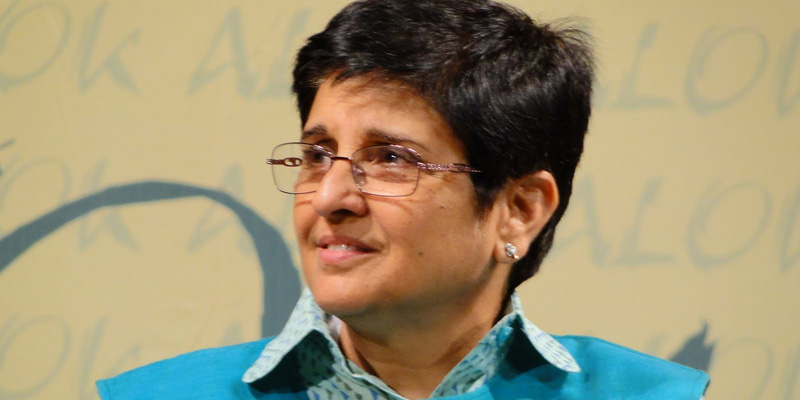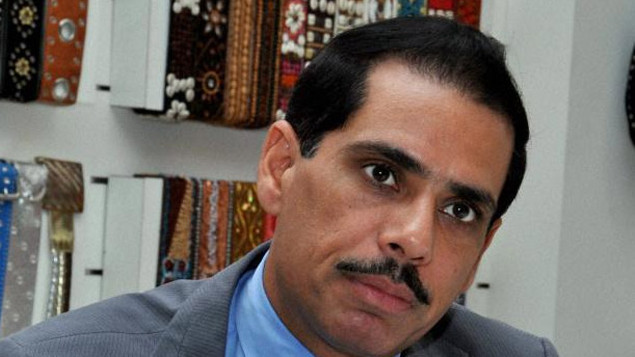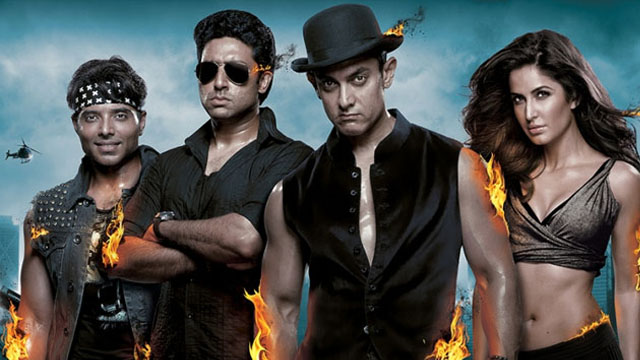Every time I hear this, it makes me think how will/can he ensure what he truly wants? (If he gets to be in that position nationally) Where does he begin from? Is it possible without few essential corrections?
More Governance and less Government has been integral part of Mr Narendra Modi’s public statements.
Every time I hear this, it makes me think how will/can he ensure what he truly wants? (If he gets to be in that position nationally) Where does he begin from? Is it possible without few essential corrections? What are those basics without which he can-not achieve which he wants to?
In other words what are the ‘can-not’s which he can-not carry along, if he has to make the breakthroughs.
Similarly what are the ‘cans’ which Mr Modi as a Prime Minister can/must do, to provide more governance?
These are my select five thought-through-thoughts in both the categories–the ‘can-not’s and the ‘cans’
First the ‘can-not’s to provide, “more Governance and less Government”–
- More Governance can-not begin without the elected members of parliament observe a 365 days of code of conduct. This means re-writing of the oath of office as MPs. They do not only take an oath of secrecy and allegiance to India’s constitution but also of a solemn pledge to ensure Lok Sabha does not become a ‘Lock’-Sabha and the Rajya Sabha not a ‘Rage’- Sabha. This means elected representatives set the right example of civility and decorum in parliament proceedings. Members may oppose if they need to, but without
obstruction and destruction; without pepper sprays, tearing papers, pulling out mikes or indulging in unruly behaviour.Unless the elected political class sets the right example of good governance how will they be able command moral authority, respect and trust to get citizens participation for good governance? Will Mr Modi be able to make some breakthrough in this? - There cannot be maximum governance with minimum government without right-bright-upright officers in the right places. And the critical positions to begin with are: cabinet secretary which overseas union secretaries and providing the critical link between prime minister’s office, rest of the secretaries, at the centre and even the states. Other key positions being chief secretaries, director generals of police and the revenue commissioners! These officers’ cannot but be the best. That is if the goals of good governance have to be achieved.
- Mr Modi (and PM in position, if wants to) can-not keep transferring saved or borrowed moneys into leaking buckets without plugging holes. This is reference to several social welfare schemes, which are money guzzlers, doled out with an eye on vote banks.
- He can-not ignore nearly 2 Crore government employees across the country, which are the real governance to the last mile, for the poorest of the poor in the remotest corner of the country.
- Mr Modi also can-not govern systems with 19 century mind-set, with 20 century government processes for meeting 21 century needs. Now from these 5 challenges of can-not, I wish to share the 5 can-s which Mr Modi can ensure.
- With the backing of his party and right minded people he can put in place systems which enable identifying right officers for postings, transfers and promotion for key positions as mentioned, such as cabinet secretary, chief secretaries, director generals of police and revenue commissioners. By chief secretaries effective coordination is ensured: with capable police chiefs, law and order is made possible, and with revenue officials, enough revenue is generated for moneys available for equitable development.
- Mr Modi can create policies to involve education and researchinstitutes to objectively evaluate performance of government schemes and or government department’s performance at no- cost to the exchequer. This ensures transparency, accountability through objective analysis and regular feedback, along with practical learning for students as part of their project writing.
- All contracts above a certain amount can be on site to ensure a level playing field for business and entrepreneurial community. This will restore faith in government, while providing good governance. Most of all it will restore integrity.
- Cooling off period for all civil servants including the judiciary for at least two years will ensure some insulation from temptations of immediate post retirement appointments. It will also enable assimilation in normal public life devoid of official trappings. This will generate re-sensitisation, essential before re-engagement with government in power.
- Retrain and align the 2crore public servants towards citizen charter and grievance redressal issues through greater use of technology and easy access to helplines with assured timelines. This is a must for sensitive governance. Or how else will the country as a whole feel the change. Retraining, constant sensitisation of public servants can be integrated in the governance systems itself. “Old tools do not create new carvings”. They will need to be kept updated and relevant.
Mr Narendra Modi may like to remember what William Gladstone, Prime Minister of United Kingdom, four separate times said; it is the duty of government to make it difficult for people to do wrong.
It is the duty of governance to make it easy for people to do right.





